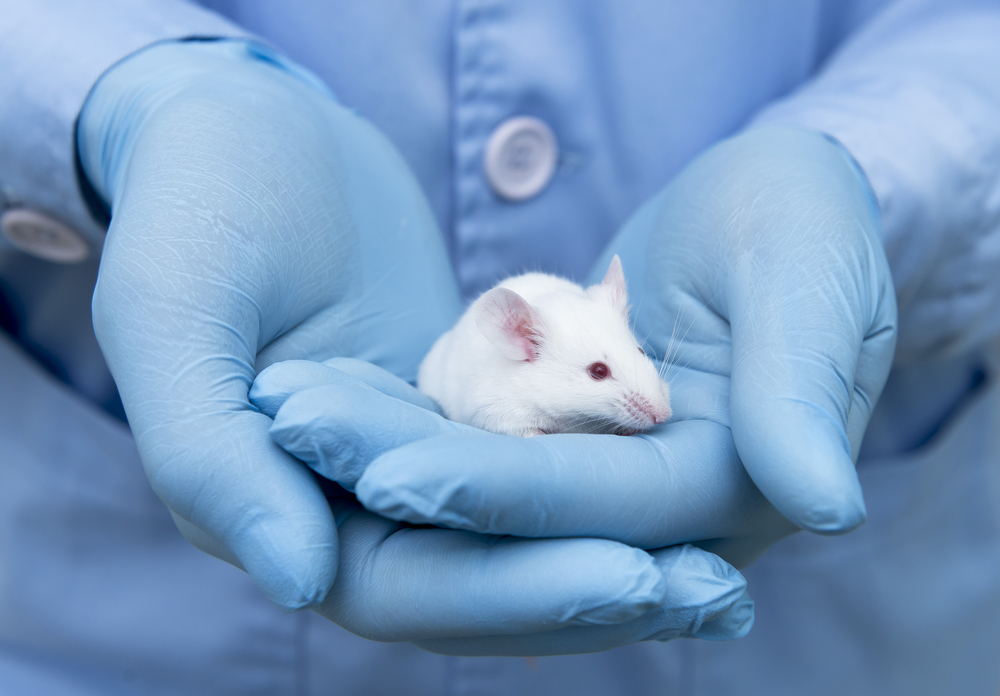Estrogen Promotes Remyelination in Adult Brains of MS Mice, Study Shows
Written by |

Giving estrogen to two different adult mouse models of multiple sclerosis (MS), including the experimental autoimmune encephalomyelitis (EAE) model, promoted remyelination, a new study shows.
Exposure to the hormone affected gene activity in oligodendrocytes, tricking them into producing myelin (the fatty substance that protects nerve cells, and that is destroyed in MS). This process appears to mimic the in utero development of the brain, when the fetus is exposed naturally to estrogen in the mother’s blood.
The study, “Gene expression in oligodendrocytes during remyelination reveals cholesterol homeostasis as a therapeutic target in multiple sclerosis” was published in the journal PNAS.
The brain is a complex organ composed by different cell types that organize in different clusters through the organ. As a consequence, the activity of genes in the brain is patterned.
Researchers at UCLA in California analyzed the brain of five MS patients to assess the disease’s impact on gene activity across six different brain regions, when compared to five age- and sex-matched healthy controls. They did the same analyses for seven cell types in the brain.
The analysis identified two brain regions — the corpus callosum, which links the two sides of the brain, and the optic chiasm, a region controlling vision — and one cell type, the oligodendrocytes, as the most significantly affected by MS.
Discuss the latest research in the MS News Today forums!
Researchers then investigated further how the gene pattern in oligodendrocytes in one of the major regions affected by MS, the corpus callosum, changed during remyelination after chronic loss of myelin in vivo using a mouse model of MS. The animals were fed with cuprizone, a copper-binding toxin that kills oligodendrocytes and causes demyelination in brain areas, including the corpus callosum. Replacement of cuprizone with normal food is followed by remyelination.
The team performed the same analysis in the EAE model, the most widely used model of MS.
Researchers also tried to boost remyelination by treating the adult mice with an estrogen receptor beta compound, previously shown to have neuroprotective effects by stimulating natural myelination.
They found that as myelin was repaired naturally, oligodendrocytes turned on genes promoting the production of cholesterol. Treatment with the estrogen receptor beta compound also increased cholesterol production and enhanced remyelination in the cuprizone MS model.
During embryonic development, oligodendrocytes in the developing fetus are exposed to high levels of estrogen, the natural binding partner of estrogen receptors, present in maternal blood. “We hypothesize that remyelinating properties of estrogen treatment in adults during injury may recapitulate normal developmental myelination by targeting cholesterol homeostasis,” the researchers wrote.
“In conclusion, discovery of cell-specific and region-specific molecular signatures of disease in preclinical models can provide novel targets tailored for each neurological pathway in MS, as a strategy to optimize neuroprotective treatment development,” they added.


